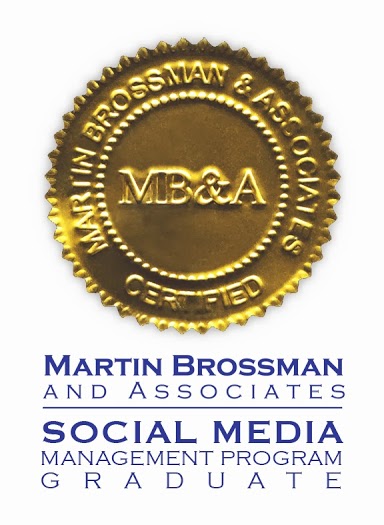“And” or “but”
The two great conjunctions.
“Or, yet, for, nor, & so” are the other five.
“Yet” is a useful word, and I’ll come back to that one later.
Yesterday morning, I was writing something about business and I found myself saying, “I need to do more networking to find out what people want to know about hiring, but I have the right attitude,” meaning, at least in rough draft form, that “at least I knew what I needed to be doing, which was half the battle.”
Only, just as my pen was reaching to start the top of the “b” in “but,” I caught myself, and changed the word to “and.” “And I have the right attitude.” In most cases, when I’m thinking about business or self improvement or any kind of change or betterment, “And” is the more useful word, even if “but” actually expresses the situation more accurately.
“But” is an ender, a thought-stopper, an argument. “And” extends thoughts, allows for new ideas, encourages brainstorming and creativity, and awards accomplishment.
When I used to do Big Sister work at the local women’s prison, the women I worked with were allowed three “yeahbuts” a conversation (of course, only after we discussed and understood how this worked). I was always able to work with “I hear what you’re saying and I don’t understand how it applies to my situation.” When I heard “Yeah, but,” the sentence always goes on to end with “it’s different with me and that’s not going to work,” in the sense of “no point in trying.”
The Glaser-Kennedy marketing machine says the biggest objection they hear, even from members, is “yeah but, my business is different.” Different audience, same response. Just as trapped by their own language.
Whenever possible, I try to create a sentence that uses “and” rather than “but,” even if “but” may be immediately true. I don’t mean this to be an exercise in positive thinking over accurate thinking. I do mean that working to see possibilities and expressing them in written content has helped my brain to stay open to new ideas.
Not Yet, rather than I Can’t
In one of my other lives, I teach and re-teach adults to huula hoop. I frequently hear, “I can’t do that,” even when someone is clearly keeping the hoop rotating. (Once they get the hoop going, they’ll start in with the “I can’t do those tricks.”) My response is, “Not yet.”
“I don’t know how to do that yet” is much more powerful than “I can’t.” “Not yet” allows for the possibility of a different outcome in the future. “I can’t” sounds like forever.
Back to writing style
Sometimes, the sentence simply demands a “but,” and rather than write that word, I’ll use a period and start a new sentence that goes in the new direction. There’s a benefit to this practice: I get shorter sentences. This is a good thing. When I look at my own writing on paper, one of the most common edits I make is to shorten sentences that go on and on and on, generally correctly written but way too long to read out loud (always the best test of length). Therefore, working to get “buts” out of my content has an added benefit: it makes my content better.
Try it yourself, and let me know how it works in the comments!



Speak Your Mind